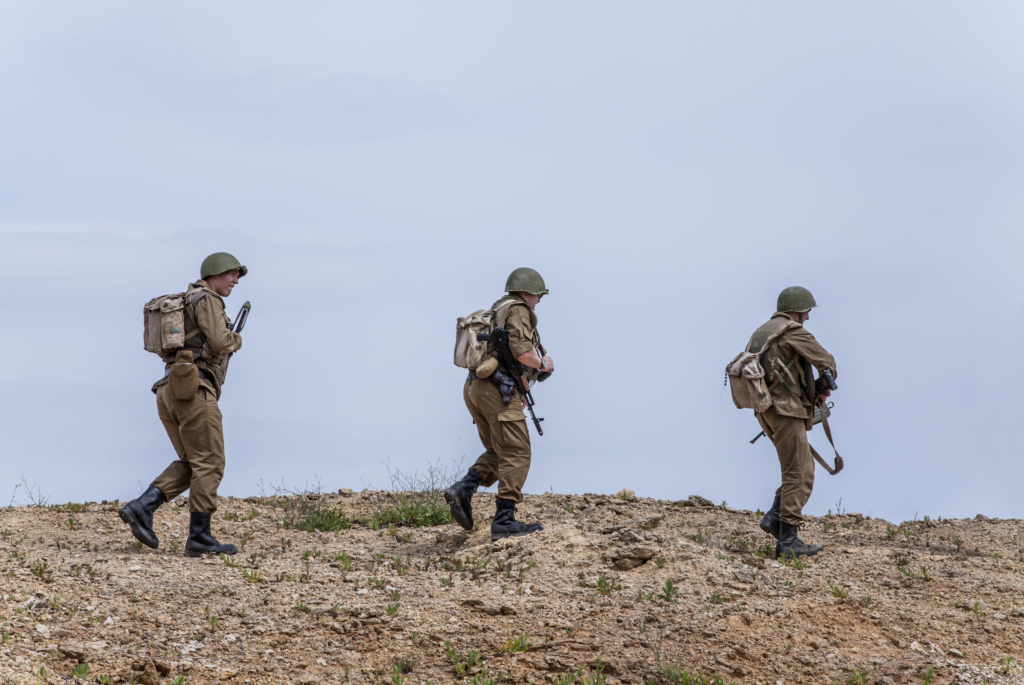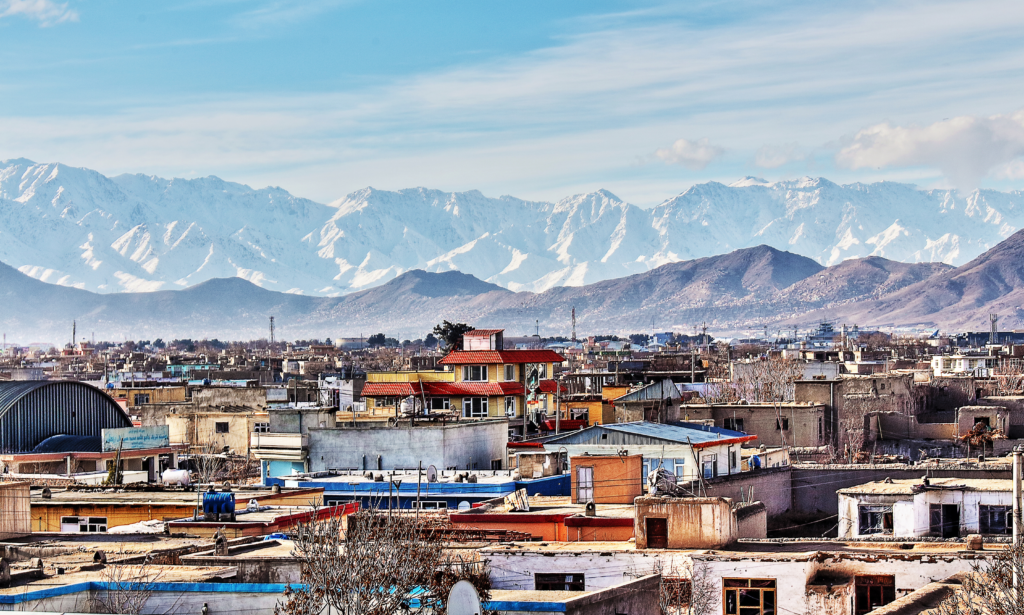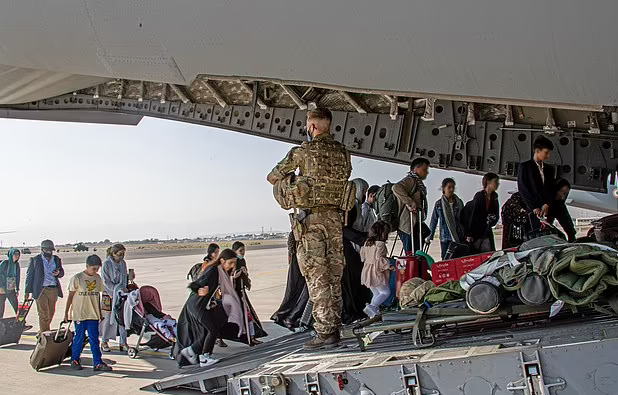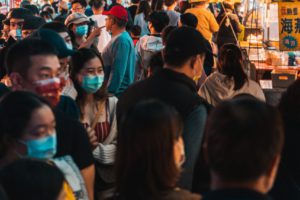After 20 years of presence in Afghanistan, President Joe Biden withdrew all troops from the nation, closing Americas longest war.
The American army came to Afghanistan after the 9/11 terrorist attack to dismantle al-Qaeda and locate Osama bin Laden. This was led by George Bush to “win the war against terrorism”, even though none of the assailants in the attack were actually from Afghanistan.
 Over the past twenty years, the relationship between Afghanistan and the US continued to be turbulent with initial airstrikes, a call for the reconstruction of Afghanistan, an alliance between the leaders of both nations, a crackdown on the Taliban which was recommitted by President Barack Obama, the killing of Osama Bin Laden, the Taliban causing tensions between the nations, the US dropping its most powerful non-nuclear bomb, a resurgence in attacks by the Taliban as a response to the Trump administrations Afghanistan plan, peace-talks resulting in a deal on a path to peace and finally in 2021, Biden withdrawing all troops.
Over the past twenty years, the relationship between Afghanistan and the US continued to be turbulent with initial airstrikes, a call for the reconstruction of Afghanistan, an alliance between the leaders of both nations, a crackdown on the Taliban which was recommitted by President Barack Obama, the killing of Osama Bin Laden, the Taliban causing tensions between the nations, the US dropping its most powerful non-nuclear bomb, a resurgence in attacks by the Taliban as a response to the Trump administrations Afghanistan plan, peace-talks resulting in a deal on a path to peace and finally in 2021, Biden withdrawing all troops.
This is a very condensed summation of the intricacies of the relationship that the US has had with Afghanistan. However, it’s important to understand that the complex relationship plays a direct role in the reality that many Afghani nationals are facing at this time.
Before the extremists groups took control over the nation, in the 1960s, Afghanistan was a place filled with art, poetry, education and equality. Looking back on pictures, Afghanistan was comparable to a modern-day nation with forward-thinking ideologies with freedom and safety amongst the people.

This all changed when the Soviets came into Afghanistan in 1979. The entrance of the Russians set the trajectory of the rest of the history of the nation, with the American involvement, the civil war creating fractures in society allowing the Taliban to take over, to the reality that it is today.
Just two days ago, on Sunday, August 16th, as the American troops left the country, the Taliban entered the capital of Kabul after a steady seize of the other cities and took over. The President of Afghanistan, Ashraf Ghani, fled the country leaving his people vulnerable to the inevitable takeover. He claimed that his abrupt exit was to “stop further bloodshed”, however, many perceive this as a cowardice move abandoning the people who had fought so hard for democracy in the nation.

All over the country, people are racing to airports to seek safety elsewhere. Under the rule of the Taliban, the country as they knew it for the past 20 years would be completely radicalised. Women and young girls top the list of greatest at risk to the regime, with most being told to stop attending schools or universities so that they are able to marry off – even girls as young as 12 years old. The reinstatement of the repressive and fundamentalist rule will set Afghanistan back almost 200 years and the twenty years of wars, trillions of dollars spent and the hundreds of thousands of lives lost have all be undone in the matter of just one day.
The new Taliban rulers have stated that they have changed their ways and hope to have peaceful international relations and maintain the rights of women. Onground, in Kabul, there hasn’t been violence in the city, rather at the airports where people are desperate to flee. However, despite the fact that things have been somewhat quiet in the city of Kabul, many of the older generations remember the harsh regime under which they lived and struggle to believe that this leadership has changed. Under the strict Shariah Law, education for women and girls were forbidden, they were not allowed to work, let alone leave the house without a male guardian. Most forms of entertainment were banned and women were forced to cover themselves from head to toe.
The population of Afghanistan is a young population with 3 out of 4 individuals under the age of 25. This means that many don’t remember the trauma that was faced prior to US involvement and even attempting to adapt to the fundamentalist rule will be near impossible. It cannot be determined what the Taliban’s rule over the country will look like, however, if it is anything like it was historically, the world will be waiting to see what happens to the people who are not aligned with the Taliban’s governance.


















